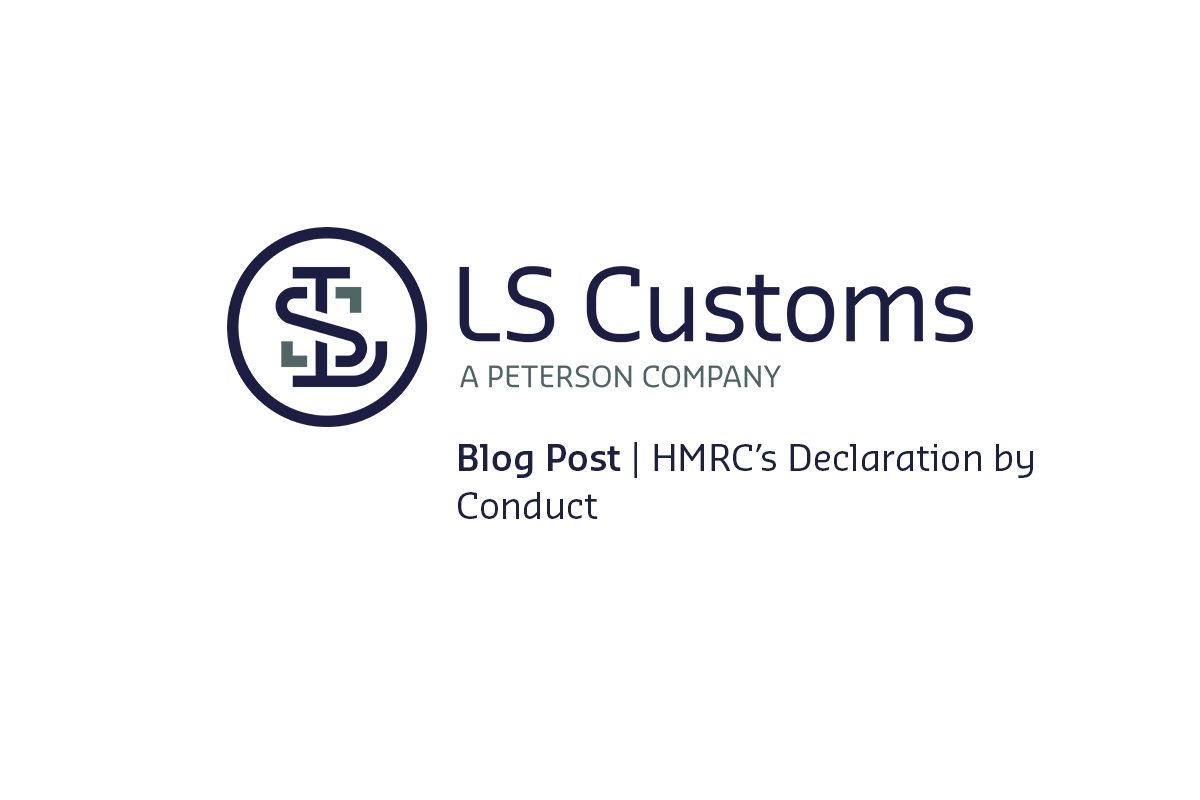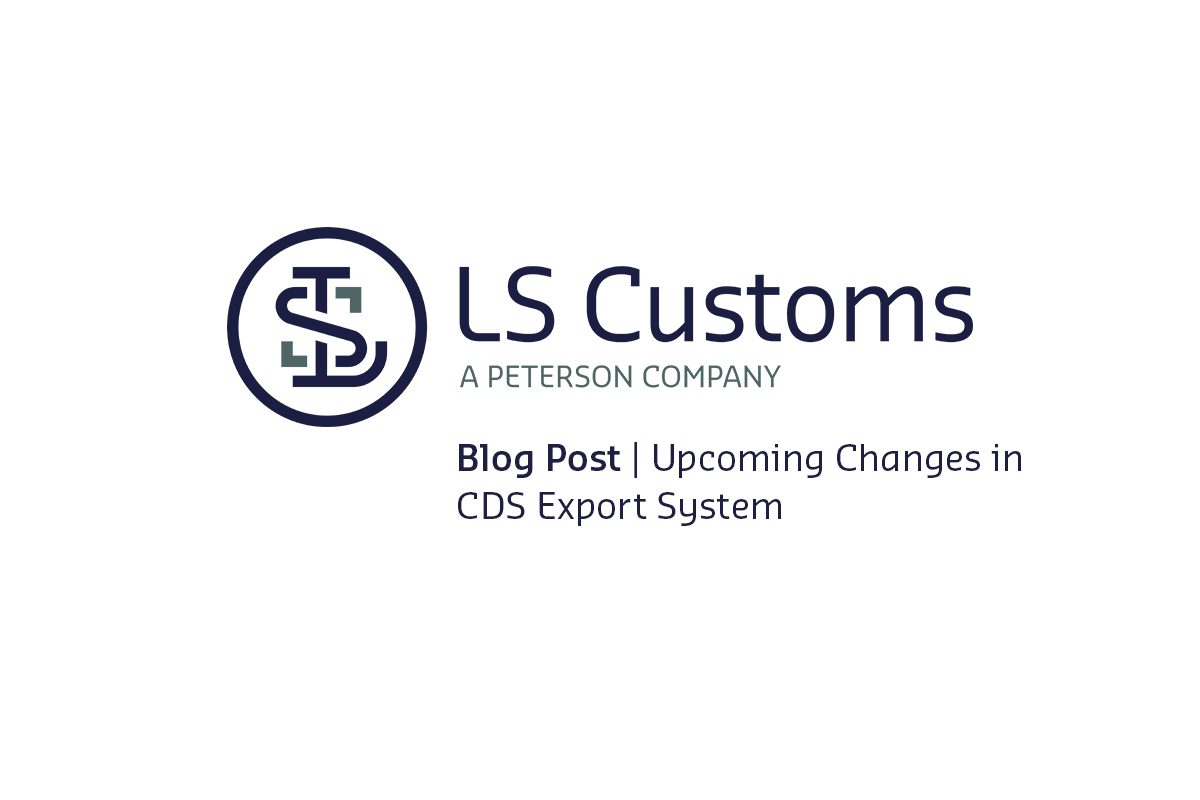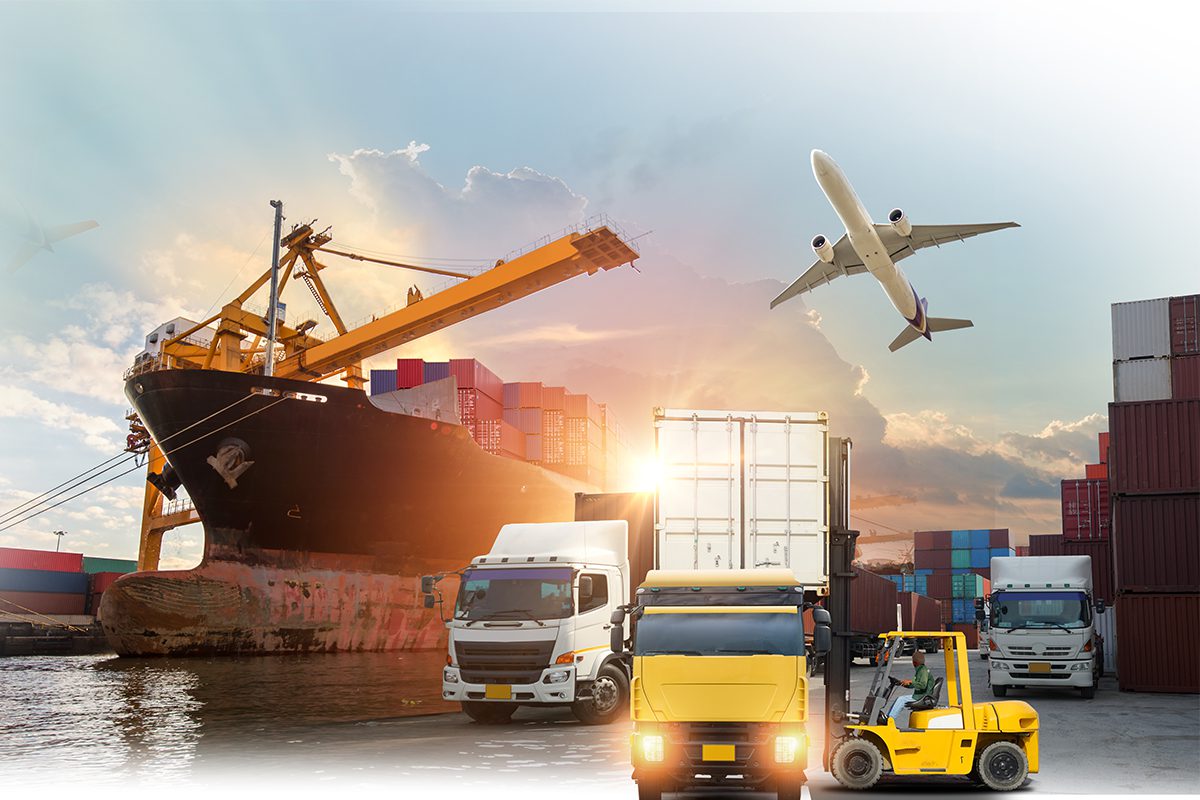Recently, HM Revenue & Customs (HMRC) took a significant step forward in clarifying processes for imports and exports between the UK and the UK Continental Shelf (UKCS). In this blog post, we will break down the latest developments and how they impact your industry.
Since 2016, businesses have grappled with a mix of customs procedures, leading to an uneven playing field. HMRC’s latest initiative, Declaration by Conduct, aims to streamline these processes, providing clarity and fairness for all stakeholders. This simplified approach will see eligible goods utilising Declaration by Conduct, while non-eligible goods will require full customs entries.
So, what constitutes eligible goods? For outbound shipments to the UKCS, eligible goods include non-licensable or excisable items in Free Circulation or under Authorised Use in the UK. Similarly, inbound shipments from the UKCS must meet criteria for Returned Goods Relief (RGR) in addition to being non-licensable or excisable.
The Declaration by Conduct process involves submitting a simplified data set via the Government Gateway Portal, including information on declarants, shipping locations, item descriptions, and customs procedures. This declaration must be transmitted two hours prior to vessel departure or arrival, with a reference number generated upon submission.
Crucially, shippers must maintain comprehensive records of all items shipped to demonstrate eligibility. While HMRC will provide further guidance, these records are expected to include details such as Harmonized System (HS) Codes, values, quantities, country of origin, and RGR eligibility. This ensures transparency and facilitates auditing by HMRC to confirm compliance.
As we prepare for the implementation of Declaration by Conduct, several key points merit attention:
1. Responsibility for Declaration: HMRC holds no preference over who completes the declaration, but liability for mis-declared items will trace back to the responsible party. Likely you will have a customs agent who can take this responsibility on.
2. Returned Goods Relief: Records must be held demonstrating eligibility for RGR, that goods were held in Free Circulation in the UK within the last three years. If goods have been offshore for more than three years or if proof is unavailable, this may have an impact on duty and VAT obligations when bringing goods onshore.
3. Sanctions and Compliance: Items subject to sanctions, such as goods of potential Russian origin, will require full customs entries.
4. Consequences of Non-Compliance: Non-compliance may result in delays at the border, fines or even the loss of eligibility for Declaration by Conduct, necessitating full customs entries for all goods.
HMRC anticipates making the system available in summer this year, with ongoing developments such as the integration of sailings inventory via a C21 dependent on the rollout of the Customs Declaration Service (CDS) in March.
As these changes unfold, LS Customs remains committed to supporting your business through tailored consultancy services, ensuring seamless adaptation to evolving customs procedures. By staying informed and proactive we can navigate these changes together, unlocking opportunities and mitigating risks.





